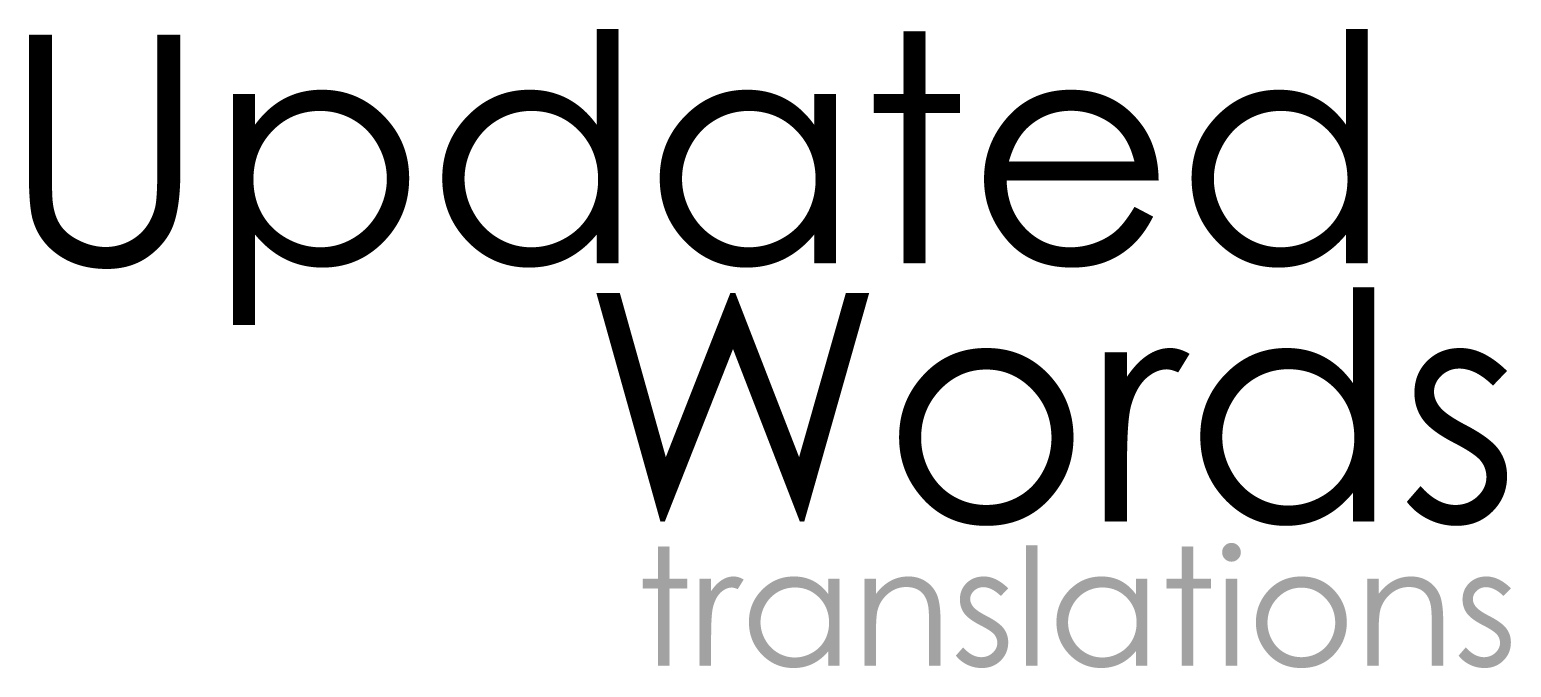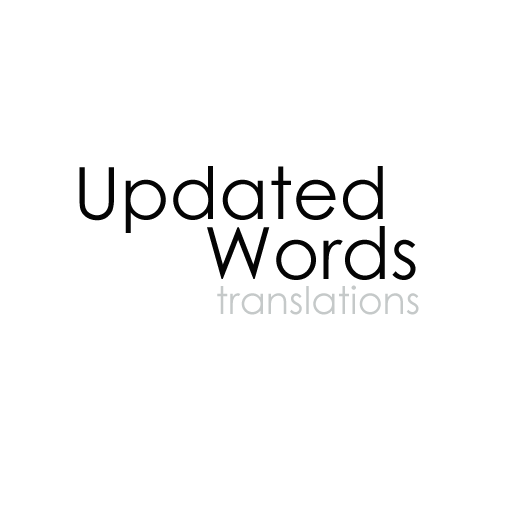Translating documents is a big part of a translator’s life. Birth certificates, marriage certificates, diplomas, reports, legal documents, anything that is required for the identification of a person, goods and their status. We live in a global world where people and goods move at the speed of the aeroplanes crisscrossing our skies but the global world is not yet so unified that documentation has become universal. We are not just talking about language here. The kind of documents needed or accepted in one country can be vastly different from the type of documents needed or accepted in another. Choosing a qualified translator with specific knowledge of the target language’s country becomes even more important so that the correct terms are appropriately chosen and the client can be advised accordingly.
When translating documents, the translator also needs to be extra careful with how they handle the client’s data. Often, these are personal documents with a hefty amount of legal data where specific knowledge is required and shared. It is therefore important that everything is handled with maximum confidentiality. The translator should also ascertain the goal of the translation. If a document is required for highly legal purposes, it is often the case that it needs to be certified legally, a capacity which the translator may or may not possess and one the client may or may not wish to obtain from the translator directly. Certified documents imply a higher cost to cover any extra costs involved in training, certification or even travelling costs.
A good document translation will remain faithful to the format of the original. This means it requires extra work from the translator in terms of formatting their translation to have the same look as the original. Instead of translating just a body of text, the translator will have to replicate text alignment and format too and mention any pictures/stamps/logos that may be absent from the translation but present in the original translation so that the certifier or the entity for whom the translation is necessary becomes aware that these extra features present in the original document are not relevant information as far as the translation is concerned.
My primary experience is with translating documents between the UK and Portugal. Despite (still) being in the European Union and a lot of documents now being easily obtained and transferred in both languages, it is often the case that the UK retains certain traits that are not equivalent. One of these is the total absence of ID cards and the lack of recognition of these as valid documents in the UK in many cases. In Portugal, where an ID card supersedes a Birth Certificate, the latter is still an important document in the UK, where no further documentation is officially required as a means of identification. The bureaucracy level in both countries also differs greatly with the UK having a predominantly faster and more electronic system and Portugal still requiring a lot of physical requests in the shape of forms to request more forms. A good translator will be aware of these limitations and time-constraints so as to better advise their client, in order to avoid their disappointment.
Translating documents may be the starting point for many translators due to the demand of this type of work but it is, by no means, less important to maintain high standards of quality which should be held by both the translator and the client.
Inês

